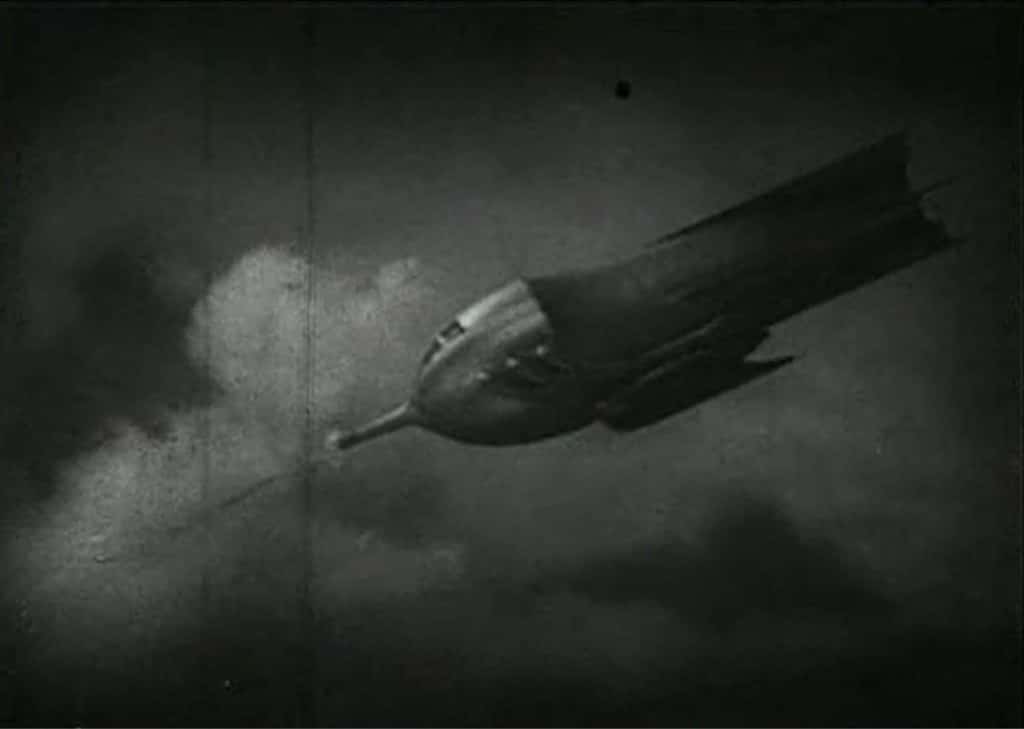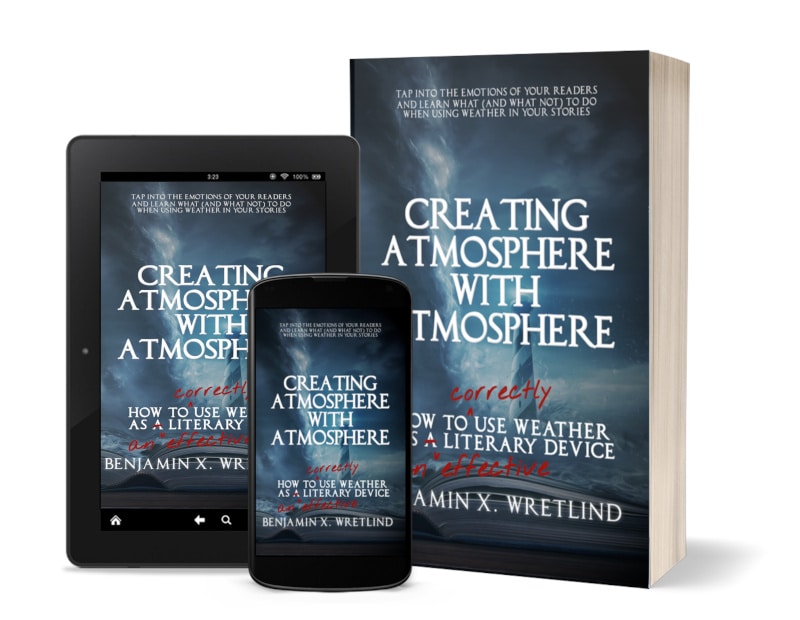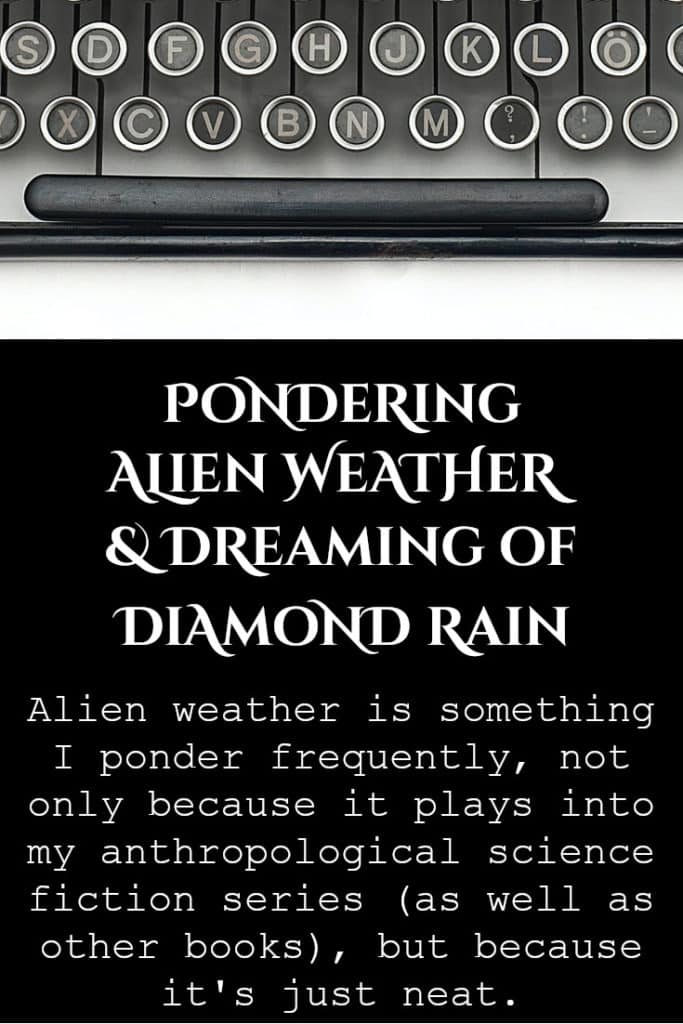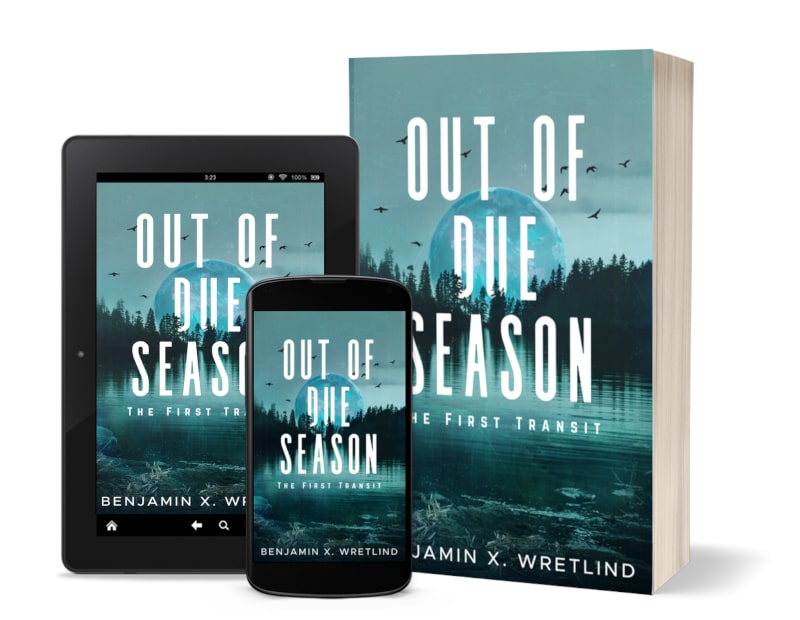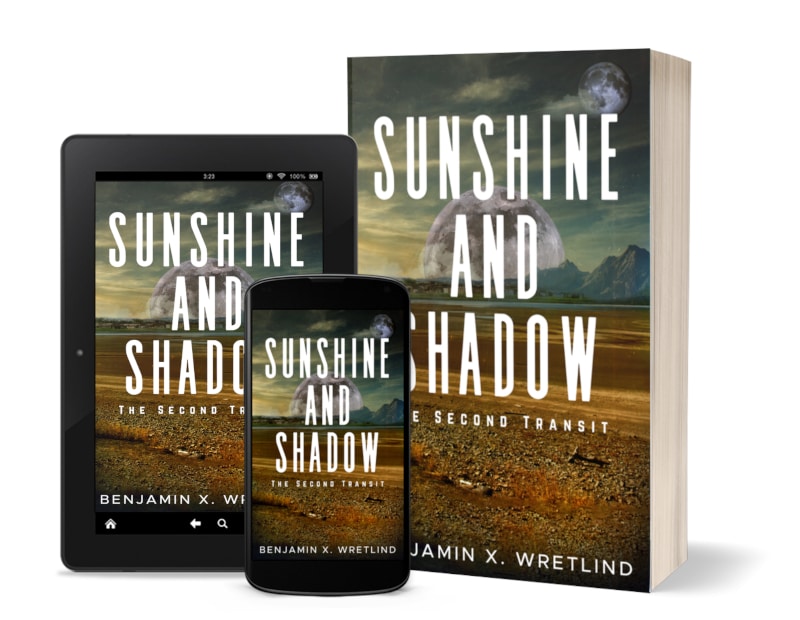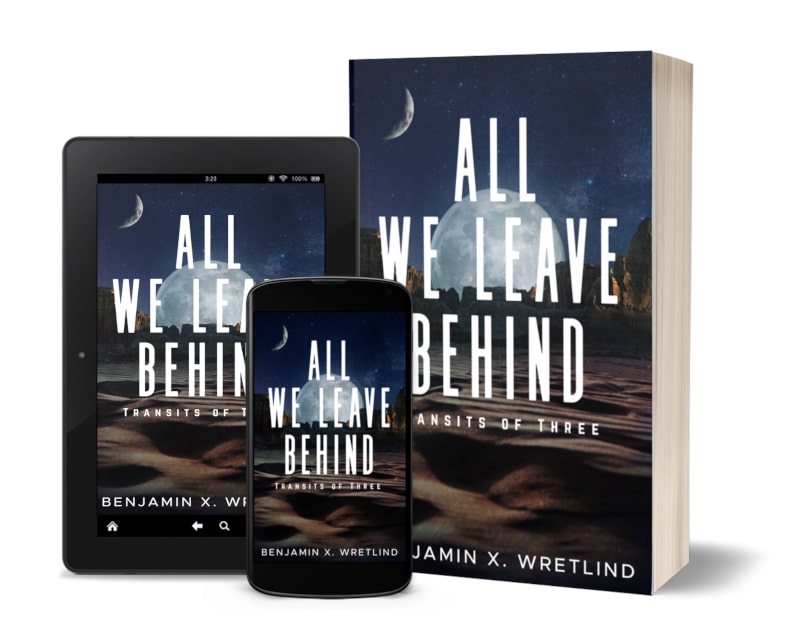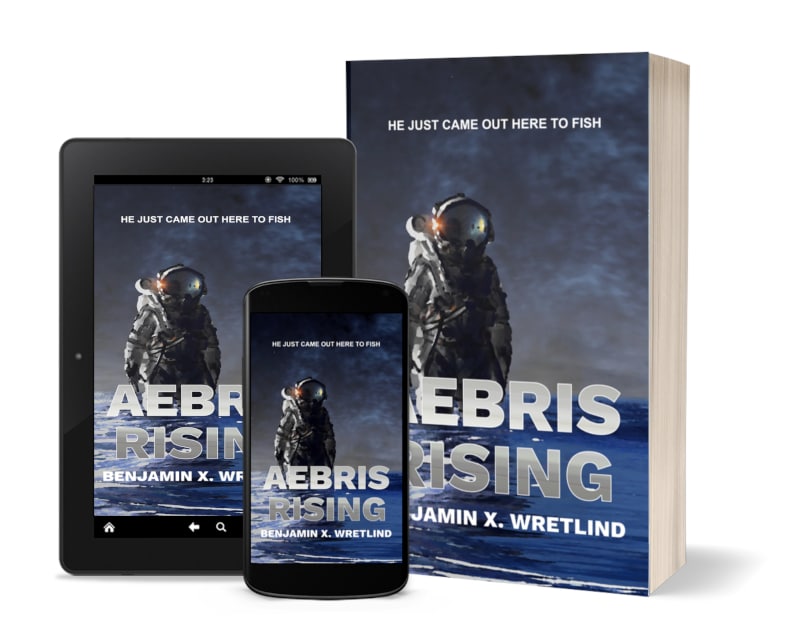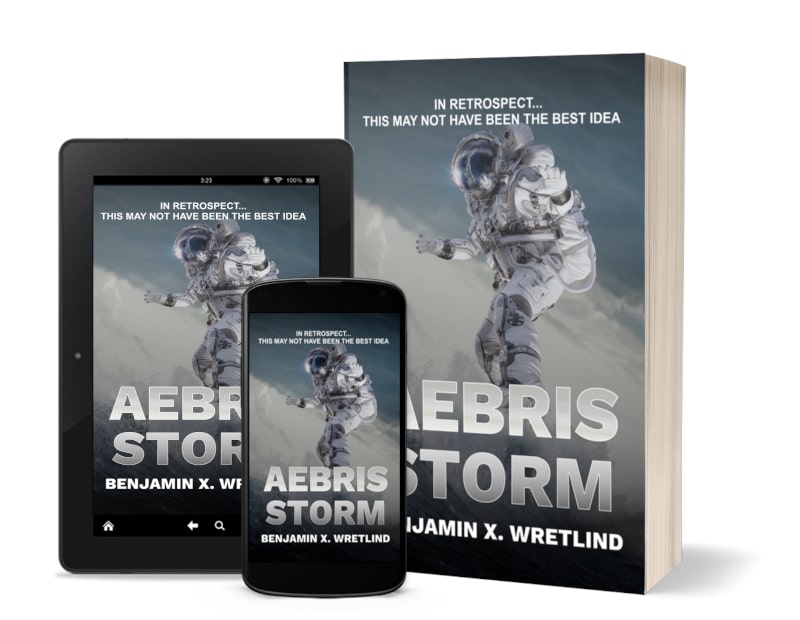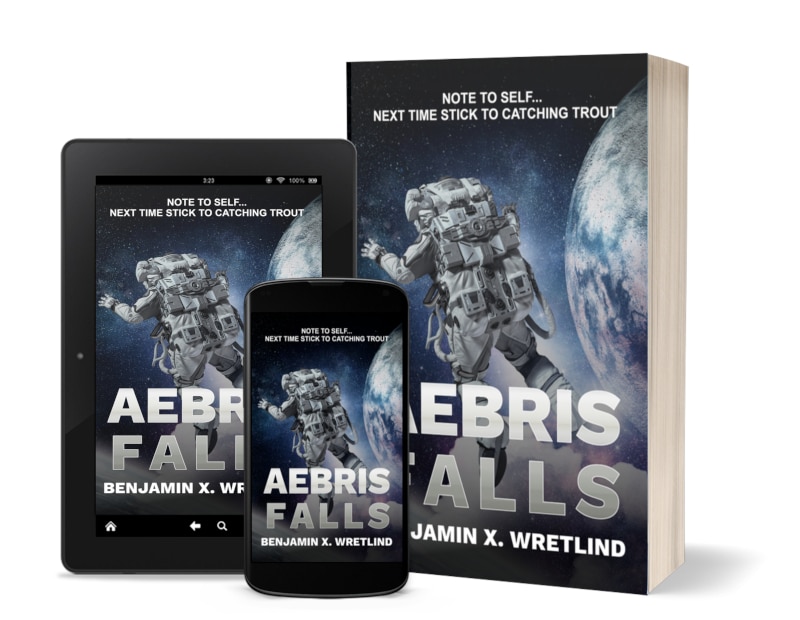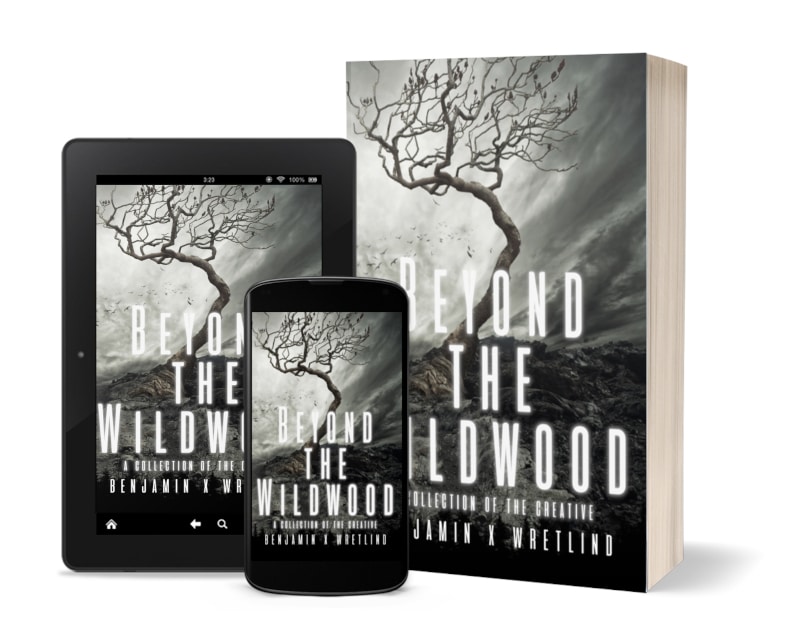Alien Weather
I recall working with a National Weather Service forecaster in Alaska. One day, while observing nothing outside for the third day in a row and passing the time watching reruns of Star Trek, this gentlemen proceeded to tell me his dreams, about the things he wanted to accomplish in life.
The most prominent of those was to forecast the weather on Mars…while on Mars.
I doubt he will get the chance, but it got me thinking about the weather on other planets.
As an author of speculative fiction, I do dabble in science fiction frequently. In fact, the Transit series is all about life on another world and weather plays a huge part in the second book.
There are, of course, physics which we must pay attention to, but atmospheres on other planets are not going to be like ours.
For example:
- Parcels of air are going to behave differently because the atmosphere on another planet will be made up of different elements and have a different density.
- The gravitational constant is different, and so too are most of the formulas meteorologists have used figure things out.
- Those formulas are used in atmospheric modeling, so it goes to reason if any constant changes, the output would change as well.
- It is not outside the realm of probability that the weather on another planet may have a big impact on the evolution of whatever species of life exists, too.
Interesting fact: Blue eyes contain less melanin in the irises than brown, hazel, or green eyes. As a result, those with blue eyes are more susceptible to photophobia than those with darker-colored eyes. So, on a planet that may have a different atmospheric composition than Earth and therefore has a sky that reflects different wavelengths of the planet’s sun’s light, would those with blue eyes have a major evolutionary disadvantage?
I’m not making a guess here, but it’s something to think about.
Alien weather is something I ponder frequently, not only because it plays into my anthropological science fiction series (as well as other books), but because it’s just neat.
Diamond rain?
Apparently, research has shown that it may rain diamonds on Jupiter and Saturn. Lightning in storms turns methane (of which there is an abundance on gaseous planets) into soot, which then hardens into balls of graphite. That graphite would compress into diamonds as it falls, which would mean diamond rain. Or hail. Whichever you prefer.
Here are some others from our own solar system:
- Neptune has been found to have a hurricane-like storm which lasts anywhere from two to six years.
- While Venus is hot, it snows. Pyrite vaporizes at the suspected temperatures on our neighboring planet. This metal mist falls and covers mountains.
- Temperatures on Mars may swing from 150°F during the day to -148°F at night. Talk about your need to wear layers.
It’s easy to see how planets outside of our solar system may also have different weather. On HD 189773b, glass shards (silicate particles) are whipped through the air. Might not make for a good vacation spot.
So when writing a story about rain, the writer should consider the meteorology that might produce it. Here are some questions you might consider if you’re writing a science fiction piece:
- Does the precipitation in the atmosphere pick up other particles or does it fall as pure H2O (water)?
- Is your planet Earth-like planets (i.e., within the habitable zone around its star which may support liquid water)?
- Is your fictional planet like Earth or is it more gaseous?
- What is the gaseous concentration of your planet (on Earth, it’s roughly 78% nitrogen, 21% oxygen, 0.9% argon, and 0.1 % other gases)?
- Ozone? Atmospheric layering (e.g., troposphere, stratosphere, ionosphere)?
- What about tides? Does your planet have a satellite or two? Three? What is the effect of those moons on your water bodies?
- When the wind blows or storm systems move, are they doing so based on the rotation of the planet?
There’s a lot to think about, and there are some readers who may question your atmospheric physics. I know I did when I saw clouds in space in a Flash Gordon serial from the 1930s.
When I wrote up the world in the Transit series, I did not deviate much from the atmospheric conditions on Earth. Why?
There’s a secret to that…although you’ll have to wait until later books in the series to find out what it is.
Learn more in Creating Atmosphere with Atmosphere: How to Use Weather as a Literary Device



